Of all the sexist episodes the Westminster government has been responsible for in the last few weeks, it’s something they didn’t do that stands out as the most damaging to women and to equality.
There was the baseless and tasteless attempt to smear Labour deputy leader Angela Rayner as a woman who crosses her legs on purpose. And that was likely cooked up to distract from the claim that dozens of MPs, including government ministers, are under investigation for sexual harassment.
And their majority has been chipped away after losing two MPs in the last month – one convicted of sexual assault, the other admitting to watching porn in the Commons.
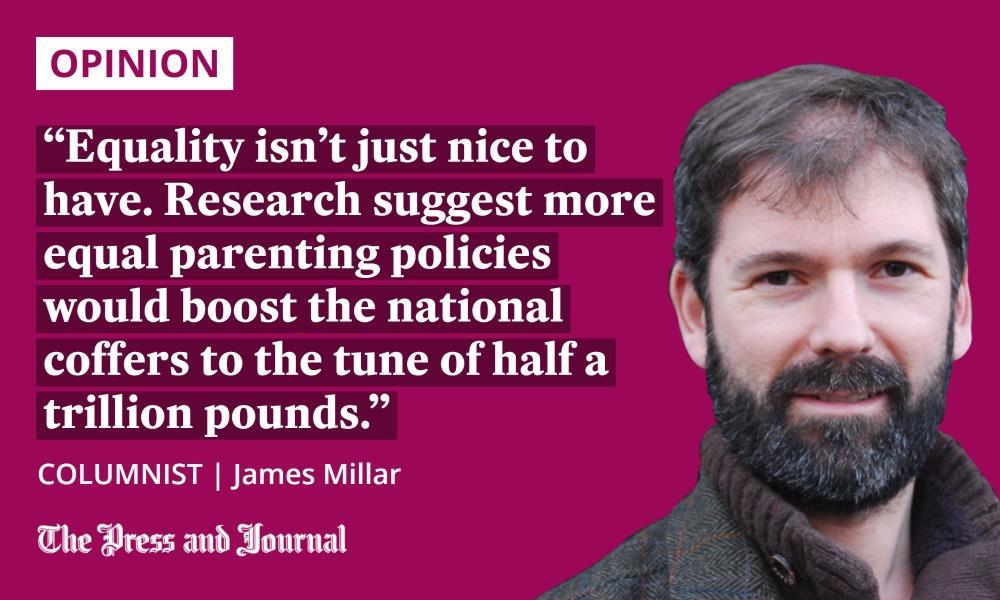
It’s a valid line of inquiry to ask if it’s power that attracts creeps and perverts, or whether the Conservative Party holds a particular allure to sex pests and chauvinists. Ever since John Major tried to focus the Tories on family values in the 1990s (after cheating on Norma with Edwina Currie, of course) it feels like the party has had more than its fair share of men whose morals are found wanting.
Boris Johnson has started a number of families. But his values remain open to question. And they certainly don’t include equality.
Fix the cost of living crisis with more equality
We know because the government recently tried to generate ideas to tackle the cost of living crisis. A Cabinet meeting was called, among much hoo-ha, and ministers were expected to brainstorm a way out of their political troubles and the nation’s economic woes.
The answer is not simply found in pounds and pence. The bigger and more effective fix is to go after gender equality
The best proposal the team in charge of running the country could collectively conjure was making MOTs necessary only every second year. That would save motorists around £50, every other year.
The Cabinet also considered tinkering with the cost of childcare. The government has clocked that ordinary folk spend an extraordinary amount of their income on childcare.
But the answer is not simply found in pounds and pence. The bigger and more effective fix is to go after gender equality.
Childcare and parental leave reform would open doors for women
The problem with the childcare system as it stands is not just that it’s expensive, but that it is so dear, many women understandably opt to stay at home with their children rather than go out to work just to service nursery bills. That’s a huge loss of female talent from the workforce.
But, to comprehend that, you have to believe women are capable of talent rather than, for example, attributing any success to nothing more than the timely crossing or uncrossing of their legs.
Childcare that is accessible, quality and affordable for all – the sort that Nordic countries like Sweden and Finland excel at – is what’s needed. And also to challenge the societal structures and assumptions that mean it is mainly women who take on the childcare in the first place.
Increasing paternity leave and ensuring it is properly funded gives men the opportunity to embrace their role as fathers. And it opens the door for women to get back into the workforce at a pace that suits them, rather than being effectively excluded from the workplace for a year and spending the rest of their working lives trying to catch up.
But, for Boris Johnson, “paternity” is more often followed by the word “suit” than “leave”.
We can inject the economy with female creativity
Embracing flexible working reduces parents’ reliance on paid childcare and generates a more equal division of labour in the home.
If, as has sometimes been suggested, the government drive to get people back in the office is about saving sandwich shops like Pret, then that’s wrong-headed
Government grandstanding about getting civil servants back to the office is dispiriting. More home working reduces the cost of office space and makes the civil service more accessible to workers with mental or physical conditions that might make commuting into an office a challenge, and that allows the country to recruit from a wider pool of talent.
And if, as has sometimes been suggested, the government drive to get people back in the office is about saving sandwich shops like Pret, then that’s wrong-headed. Pret has opened on my local high street for the first time, moving into the suburbs where the workers now are. Shame the UK Government, that so often berates the public sector for not following the lead of the private sector, has decided to go the other way on this one.
Equality isn’t just nice to have. Research suggests more equal parenting policies would boost the national coffers to the tune of half a trillion pounds, by injecting the economy with a massive dose of female creativity, hard work and entrepreneurship. To ignore that is not just to tolerate unfairness, it is to embrace sexism.
The fact that no one round the Cabinet table, including the minister for women and equalities, thought to suggest that pursuing gender equality could be the government’s big idea to boost the economy and help people through the current economic crisis is as telling as it is intellectually short-sighted, and morally unforgivable.
James Millar is a political commentator, author and a former Westminster correspondent for The Sunday Post



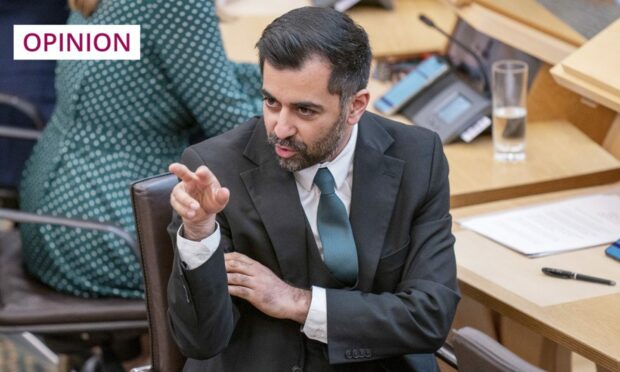
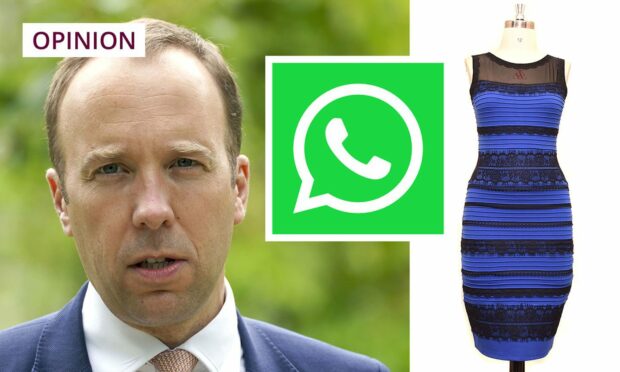

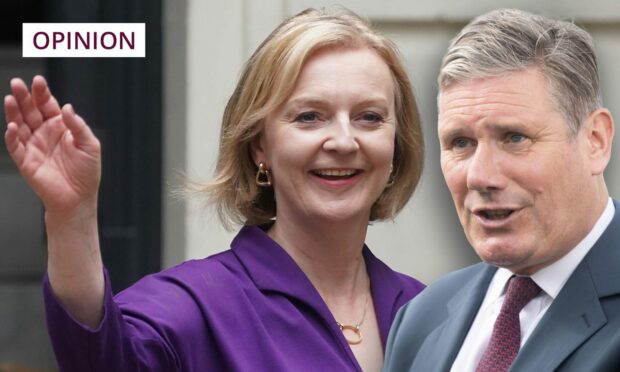

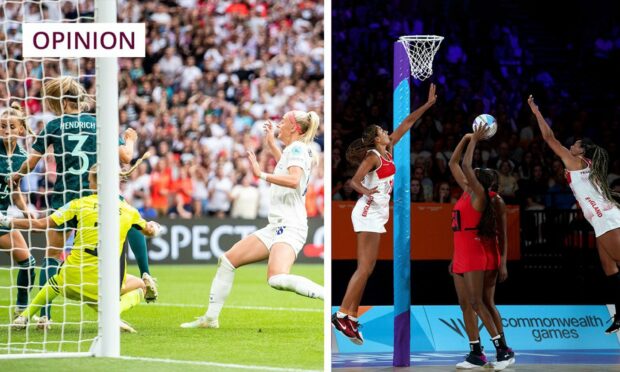
Conversation